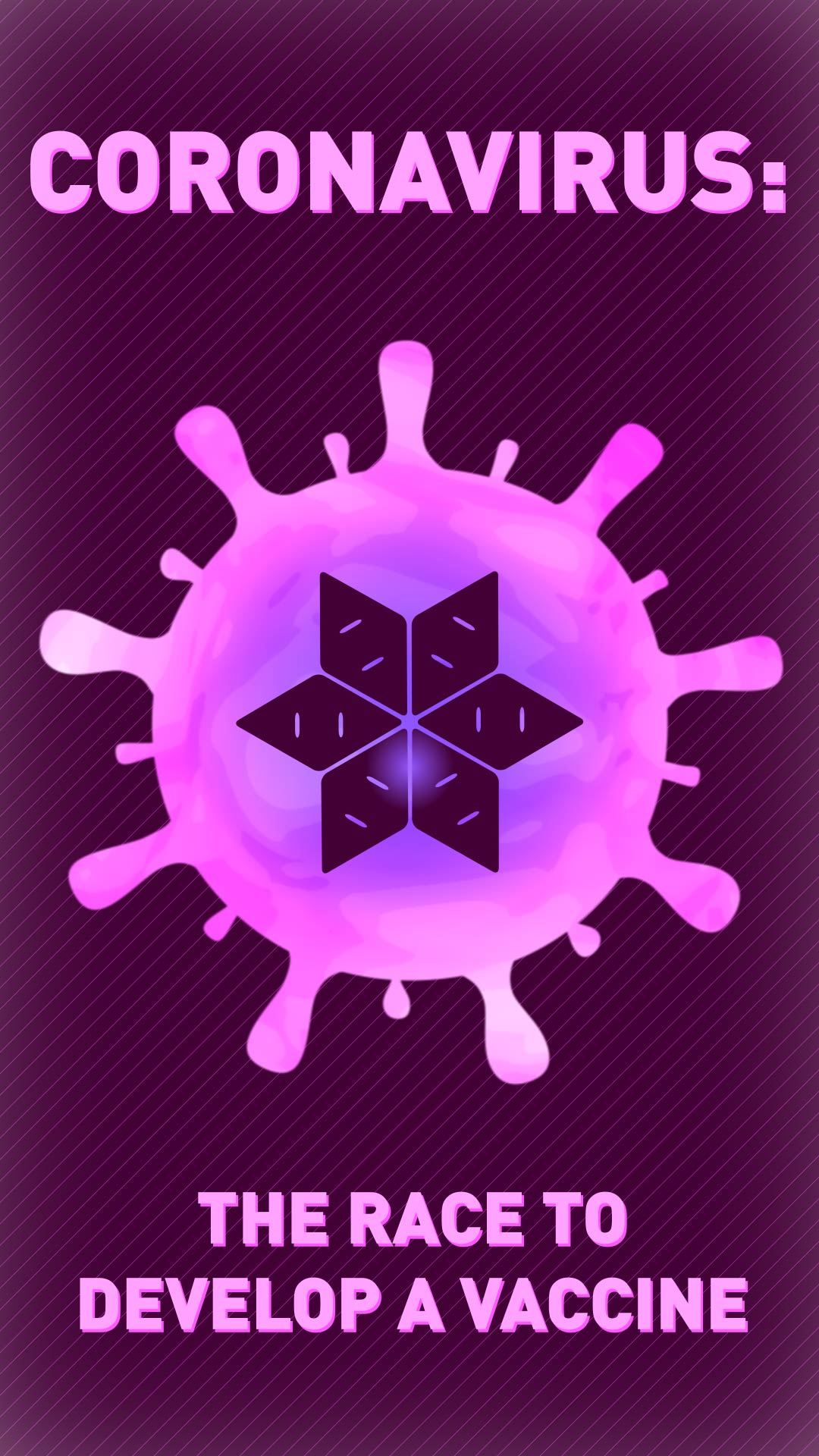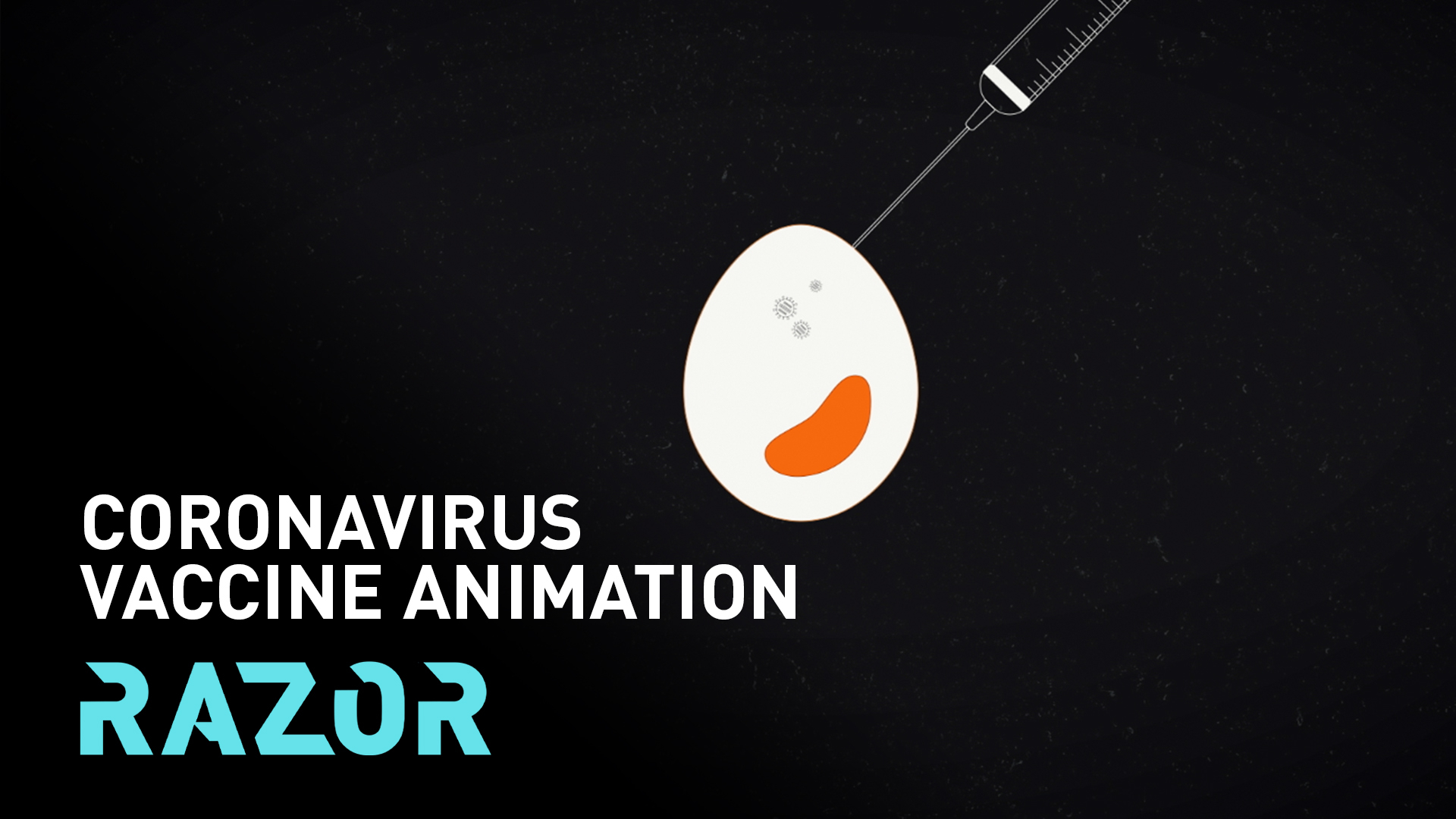
Work on COVID-19 testing kits near Tehran, Iran. /Ebrahim Noroozi/AP Photo
Work on COVID-19 testing kits near Tehran, Iran. /Ebrahim Noroozi/AP Photo
Searching for the vaccine to a lethal pandemic is the modern scientific equivalent of the quest for the Holy Grail, only with the added mind-focuser of saving potentially millions of lives as the disease sweeps the globe.
Trouble is, in real life the narrative doesn't always end with a nice neat solution in the last half-hour of the film. Vaccines can take decades to develop – if they are found at all. Ebola was identified in 1976 but no vaccine was licensed until 2019. Chickenpox was first named in 1658 and a vaccine wasn't available until 1995. Zika, SARS and MERS still have no approved vaccine.
READ MORE: Graphics: How soon can we get a COVID-19 vaccine?

In the case of COVID-19, the World Health Organization has highlighted at least 60 potential vaccines, with many having started animal tests and two (one in China, the other in the U.S.) entering clinical trials on humans on 16 March.
Vaccines usually take anything from eight to 20 years to be completed because of the large-scale testing, regulatory approval and mass production, all of which can only happen after the understandably rigorous trials that must accompany infecting healthy humans with a low-grade version of a deadly virus. Even to get beyond animal testing can take a decade.
No stage can be skipped to ensure the vaccine's safety and effectiveness, but – significantly helped by China's early sequencing of COVID-19 in mid-January and the speed of work since – it is hoped one may be ready in 18 months.
READ MORE: Pitfalls, politics and profits: The race to find a coronavirus vaccine
00:50

"We've gone from that sequence to making a vaccine candidate in 14 days," infection specialist Robin Shattock, a professor at Imperial College London leading one of the teams using that virus sequence to develop a vaccine, told CGTN Europe in mid-February. "We're putting it into animal candidates next week and we will be looking for funding to rush that into human testing."
Over the past five years, there's been a global agreement that we need to do something about the slow development of vaccines
- Alexander Edwards, immunologist, the University of Reading
Indeed, the two most advanced candidate vaccines went into clinical human trials on 16 March, less than four months after the disease was first reported. The acceleration isn't accidental.
As Alexander Edwards, an immunologist at the University of Reading, told CGTN Europe: "Over the past five years, there's been a global agreement that we need to do something about the slow development of vaccines, so every step that can be time consuming, particularly the regulatory steps, paperwork steps are definitely accelerated.
"You can be assured that every shortcut that can be found will be taken. What you have to balance that against is if we have an entirely new unknown medicine, and we have to make sure that it's safe."

Volunteer Jennifer Haller is given the first-stage safety study clinical trial of a potential vaccine for COVID-19 on 16 March at the Kaiser Permanente Washington Health Research Institute in Seattle. /Ted S Warren/AP Photo
Volunteer Jennifer Haller is given the first-stage safety study clinical trial of a potential vaccine for COVID-19 on 16 March at the Kaiser Permanente Washington Health Research Institute in Seattle. /Ted S Warren/AP Photo
Who gets access to the vaccine? Which countries is it being produced in and manufactured in? Often those countries will say 'We need to keep these for ourselves'
- Osman Dar, director, Global Health program's One Health project
Cooperation not competition
Even with expedited research, efforts can be hampered by a lack of cooperation. While scientific intentions may be pure, pharmaceuticals are big business and research is expensive.
As Osman Dar, director of the Global Health program's One Health project at Chatham House, told CGTN Europe: "It's still quite a competitive space and there's not been enough technological transfer between specialist groups."
These concerns don't end when a candidate vaccine's viability is proven, says Dar. "Who gets access to the vaccine? Which countries is it being produced in and manufactured in? Often those countries will say 'We need to keep these for ourselves, in case millions of people in our country get affected.'"
05:35

In the meantime, the development of drugs to combat coronavirus symptoms will be vital.
"Vaccine efficacy and immunogenicity can take many months to measure accurately, whereas whether or not a treated patient improves can take days," says William Moss, executive director of the International Vaccine Access Center and professor of epidemiology at Johns Hopkins Bloomberg School of Public Health.
Early trials suggest that seriously ill patients are responding well after being injected with blood serum from patients who have recovered from COVID-19.
READ MORE: COVID-19: what we still don't know

Although there are drugs that lower susceptibility to HIV, and treatments which slow its progress, there is still no vaccine or cure. /Rich Pedroncelli/AP Photo
Although there are drugs that lower susceptibility to HIV, and treatments which slow its progress, there is still no vaccine or cure. /Rich Pedroncelli/AP Photo
So, with a vaccine at least a year away and drugs the best short-term solution for the most at risk, it's a fool's errand for those in authority to promise imminent miracle cures. It may give short-term hope, but the odds are that won't last for long.
HIV is, by some estimates, the second biggest pandemic killer the world has ever seen with around 32 million deaths. The race for a vaccine started more than 30 years ago, yet trails are still ongoing and although treatment is improving both the quality and length of life for patients, the cure still eludes us – as does a vaccine.
When any new disease threatens the world, the heroic narrative suggests we seek a magic bullet. But such a quest can take decades, and in the meantime people can be suffering. While the scientists search and research, authorities should focus instead on stopping the spread, treating the sick and planning the exit.
RAZOR coronavirus vaccine animation by Daniel Boaden